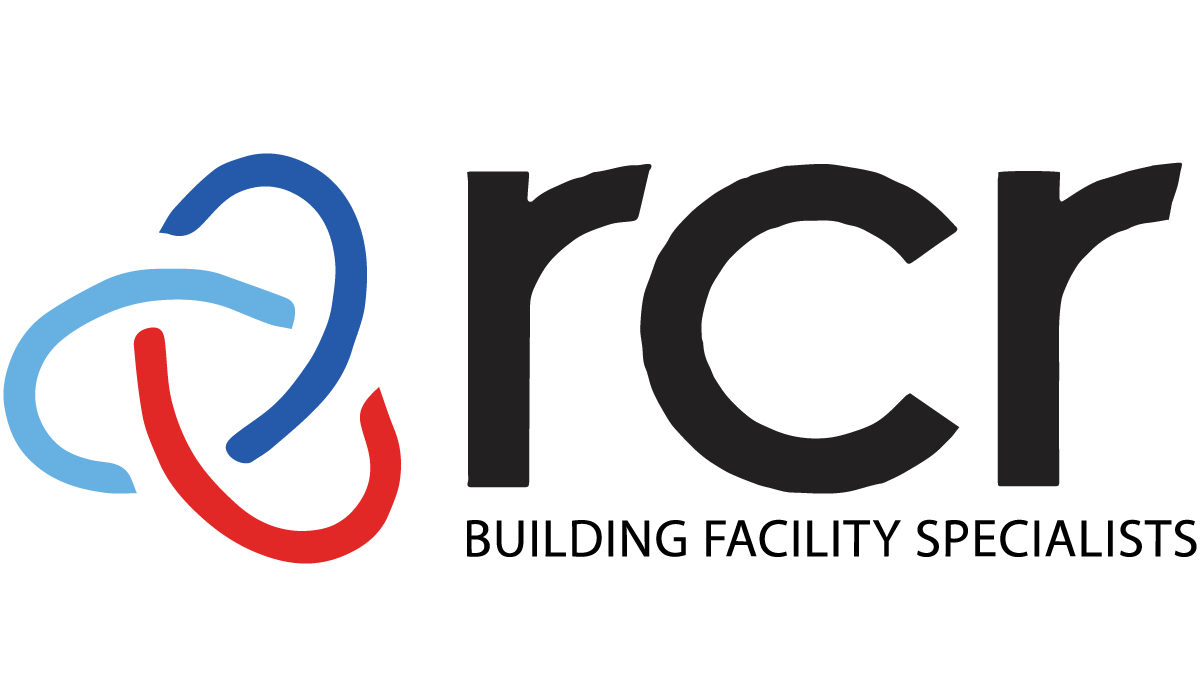Benefits of Choosing Trusted and Reliable Commercial and Residential Electrician Services in New Zealand
When it comes to electrical work on your commercial or residential property, it’s crucial to find a trusted and reliable electrician. Their expertise ensures that your electrical needs are met safely and efficiently. But how do you find an electrician you can trust? In this blog, we’ll explore the benefits of choosing trusted and reliable electrician services in New Zealand and provide you with some tips on finding the right professional for your electrical projects.
Safety First
When dealing with electricity, safety should be the top priority. Trusted electricians prioritise safety measures and adhere to industry standards to ensure that all electrical work is done safely and up to code. By choosing a reliable electrician, you minimise the risk of electrical accidents, fires, or hazardous situations.
Expertise and Experience
Trusted electrician services in New Zealand employ skilled professionals who have the necessary expertise and experience to handle a wide range of electrical projects. They stay updated with the latest industry advancements and can provide reliable solutions for installations, repairs, or maintenance. Their knowledge ensures that the work is done correctly the first time, saving you time and money in the long run.
Timely and Efficient Service
Reliable electricians understand the importance of timely service. They strive to complete projects within the agreed-upon timeframe, minimising any disruptions to your daily routine. Whether it’s a commercial establishment or a residential property, their efficient service ensures that your electrical systems are up and running smoothly in no time.
Comprehensive Services
Trusted electrician services offer a comprehensive range of services to meet your diverse electrical needs. Whether you need assistance with wiring, lighting installations, panel upgrades, or electrical troubleshooting, they have the expertise to handle it all. By choosing a reliable electrician, you can rely on them as your one-stop solution provider for all your electrical requirements.
Transparent Pricing and Warranty
When working with trusted electricians, you can expect transparent pricing and warranty protection. They provide detailed cost estimates for your projects, ensuring transparency and no hidden charges. Additionally, reputable service providers offer warranties on their workmanship and the materials used, giving you peace of mind in case any issues arise after the project is completed.
Finding the Right Electrician
When it comes to finding a trusted and reliable electrician, consider the following tips:
Seek Recommendations: Ask friends, family, or colleagues for recommendations based on their past experiences. Personal referrals are often a reliable way to find reputable electricians.
Check Credentials: Ensure that the electrician you choose is licenced, insured, and bonded. These credentials indicate that they have met the necessary qualifications and will provide quality service.
Read Reviews: Look for online reviews and testimonials about the electrician’s services. Feedback from previous clients can give you insights into their reliability, professionalism, and customer satisfaction levels.
Request Quotes: Obtain quotes from multiple electricians to compare their pricing and services. However, remember that the lowest price may not always guarantee the best quality of work. Consider the overall value provided.
Communication and Trust: A good electrician should communicate clearly, listen to your needs, and address any concerns you may have. Building a relationship based on trust and open communication is essential for a successful electrical project.
By following these tips and choosing trusted and reliable electrician services in New Zealand, you can ensure that your electrical projects are handled professionally, safely, and efficiently.
The benefits of choosing trusted and reliable electrician services in New Zealand are numerous. From ensuring safety and expertise to timely service and comprehensive solutions, a reliable electrician can make all the difference in your electrical projects.
Remember to do your due diligence when finding an electrician and prioritise qualities such as experience, transparency, and trustworthiness. With the right electrician by your side, you can have peace of mind knowing that your electrical needs are in good hands.
If you’re in need of an electrician, don’t hesitate to start your search today. By considering the benefits mentioned above and following the tips on finding the right professional, you’ll be well on your way to finding a trusted and reliable electrician service in New Zealand.
If you’re in need of trusted and reliable electrician services in New Zealand, look no further than RCR. With their team of experienced professionals and commitment to safety and customer satisfaction, RCR is your go-to solution for all your electrical needs.
Contact us to discuss your electrical project, request a quote, or schedule a consultation. Their friendly and knowledgeable team is ready to assist you and provide top-notch electrical services tailored to your requirements. Don’t compromise on quality or safety when it comes to electrical work—choose RCR for peace of mind and exceptional service.

